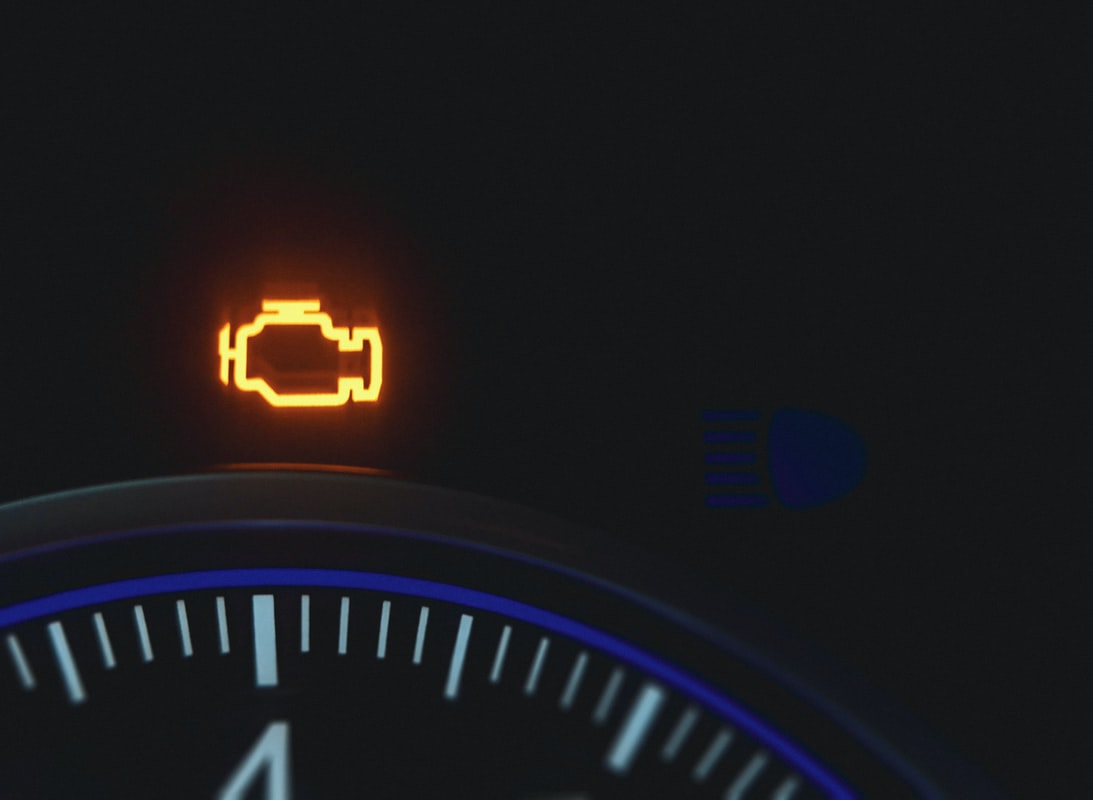
Photo bySigmund onUnsplash
Don't Overlook Check Engine Lights!
If you're like most people, you probably don't think much of your check engine light. After all, it's just a little light that comes on occasionally - no big deal, right? Wrong. Your check engine light could be a sign of a serious problem with your car, and if you ignore it, you could end up stranded, or worse.
What should I do if my check engine light comes on?
So, what exactly is your check engine light trying to tell you? Well, it could be a number of things. It could be something as simple as a loose gas cap or something more serious, like a faulty oxygen sensor. There are many potential causes, but the only way to know for sure is to have it inspected professionally.
If you're driving and your check engine light comes on, the best thing to do is to pull over and call a tow truck. Trying to drive to an auto repair shop could worsen the problem, and you don't want to take that chance. It's better to be safe than sorry.
Why Ignoring Dash Lights is a Safety Hazard
Ignoring your check engine light or other dash warning lights can lead to serious safety hazards. These lights are designed to alert you to potential problems that could compromise your vehicle's performance and safety. For example, an illuminated check engine light could indicate a problem with your car's emissions system, which could lead to increased pollution and decreased fuel efficiency. In more severe cases, it could signal a malfunction in critical systems like the engine or transmission, putting you at risk of a breakdown or accident.
Common Causes of a Check Engine Light
Understanding what might trigger your check engine light can help you react appropriately. Some common causes include:
- Loose or Faulty Gas Cap: A loose or damaged gas cap can cause fuel vapors to leak out, prompting the light.
- Oxygen Sensor Failure: This sensor monitors the unburned oxygen in your car’s exhaust and can affect engine performance and fuel economy if it fails.
- Catalytic Converter Issues: Problems with this component can lead to reduced performance and increased emissions.
- Mass Airflow Sensor Problems: This sensor measures the amount of air entering the engine and helps regulate fuel injection. A failure can cause poor performance and higher emissions.
Each of these issues can vary in severity, but they all require professional attention to ensure your vehicle remains safe and efficient.
Other Signs Your Engine Needs Attention
Even without a check engine light, there are other signs that your engine might need attention:
- Strange Noises: Unusual sounds like knocking, pinging, or hissing can indicate engine trouble.
- Poor Performance: If your car is struggling to accelerate, losing power, or experiencing rough idling, it’s time to get it checked.
- Unusual Smells: The smell of burning oil, fuel, or coolant can signal serious engine issues.
- Warning Lights: Other dashboard lights, such as the oil pressure or temperature gauge, can indicate engine problems that need immediate attention.
Paying attention to these signs can help prevent minor issues from becoming major repairs.
Stay safe and let a professional help.
Bottom line: don't ignore your check engine light. It could be a sign of a serious problem, and if you ignore it, you could end up stranded or in need of major repairs. If your check engine light comes on, pull over and call a tow truck. Then, take your car to an auto repair shop for inspection.
If your vehicle needs some tender loving care, visit CARSTAR Robert's Collision in Monterey, Ca. We offer collision repair services for all makes and models, and we'll be happy to inspect your car and tell you how we can bring it back to life. Please schedule an appointment with us today, and see what makes us so unique in the Monterey community!